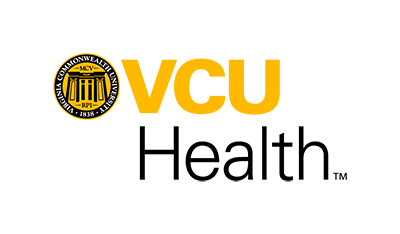When looking for an internship, you might think that you have to exactly match the position requirements in order to get the job. Most hiring managers would tell you that is not the case–they mostly look for a good work ethic and cultural fit– not an exact fit to a list of skills. The skills get you to the table, but don’t close the deal. So skill must be a fit, but it’s not the determining factor.Good hiring managers, those that hire lots of interns and employees, will take this approach.
Recruiters, however, do not follow this rule. Internal and external recruiters operate from a playbook that includes a spec sheet about the role. While they look for cultural fit, they are more rigid in trying to provide good candidates to the hiring manager based on the spec.
So what is this thing called “cultural fit” and are hiring managers and recruiters looking for a fit for the internship, or for an eventual full-time hire?
I would argue that even the best candidate for a temporary role is limiting their chances if they don’t sell themselves to the recruiter for a full-time position after graduation. Why, you may ask? At small and large companies, bringing on an intern and keeping them productive is an investment of time. In an ideal world, a hiring manager can expect to accomplish the following by bringing on an intern in a temporary role: Validate that the intern likes the company and is passionate about role possibilities, determine if the intern is a good fit for the company and finally confirm that the intern lives up to their interview documentation. In the best of cases, there is a great cultural and near great skill fit and both parties are excited about the future.
So, an intern should approach the internship as a trial period to make sure that role and company are a good fit for both parties. One should also think about the difference between small, medium, large companies and agencies, brands and others as it relates to internships. Small companies are likely to hire a handful of interns and they will work directly with multiple departments working on projects. Medium or Large companies have much more of a process associated with interviewing and you might be competing with up to 300 students for the job that will be in one department.
If you are a great candidate and exhibit stellar qualities in the soft skills category and have some hard skills, the specific role will matter less. The company will want to find the right role for you. I have hired many highly successful people using this approach.
So, what are the six soft skills that make you stand out as an applicant?
- Enthusiasm
- Upbeat personality
- Excellent communication skills (phone, email, documents)
- Reliability
- Ability to quickly grasp requests
- Task & execution orientation or a Get it done personality
If you think about it, these are common-sense things. Anybody you want to invest time in exhibits these qualities. Anybody that is productive exhibits these qualities.
So why wouldn’t you want to showcase them to potential employers? The first four soft skills are easily demonstrated through the interviewing process. The last two soft skills will require a little more work and should be demonstrated in your resume with bullets that include metrics.
Think about it logically: if you are enthusiastic, uplifting in your presence, and passionate about the subject matter in question, then you are a delight to have around.
 Yorke Rhodes III has excelled in a plethora of roles from Creative Director to CTO & Programmer. He received his BS in Computer Science from Courant Institute of mathematical Sciences at New York University. You can follow him on Twitter @yorkerhodes.
Yorke Rhodes III has excelled in a plethora of roles from Creative Director to CTO & Programmer. He received his BS in Computer Science from Courant Institute of mathematical Sciences at New York University. You can follow him on Twitter @yorkerhodes.






